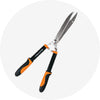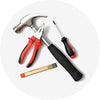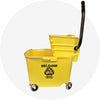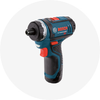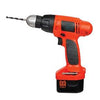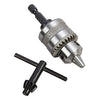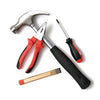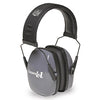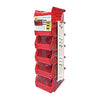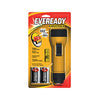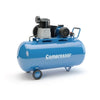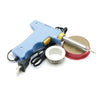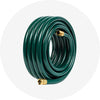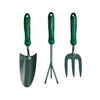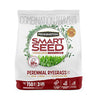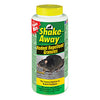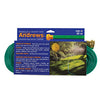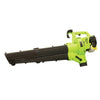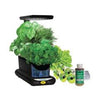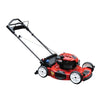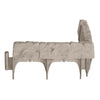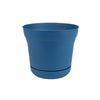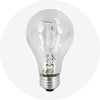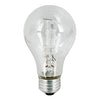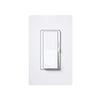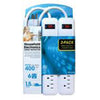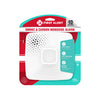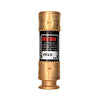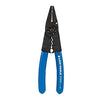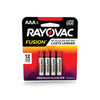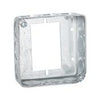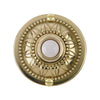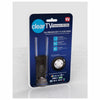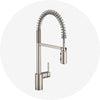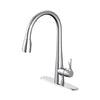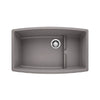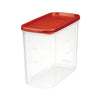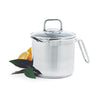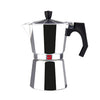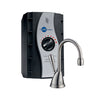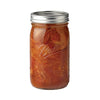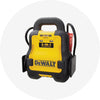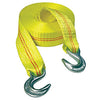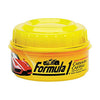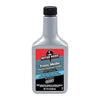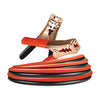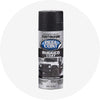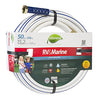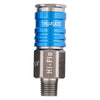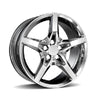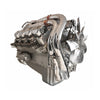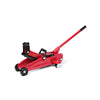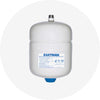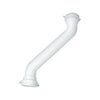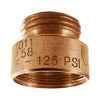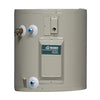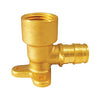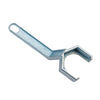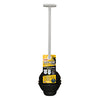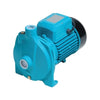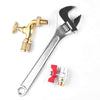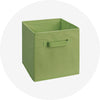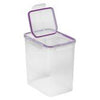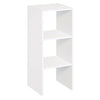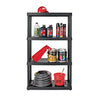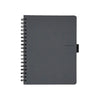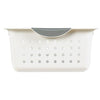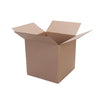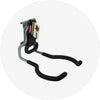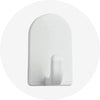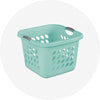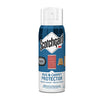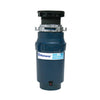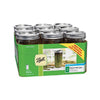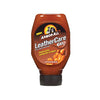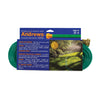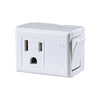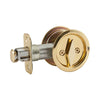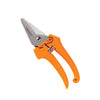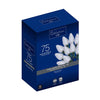Swimming Pool Maintenance Tips
∙ min read
A swimming pool is a great way to stay cool and enjoy your backyard. In order to get the most out of your pool, you need to complete maintenance tasks on a regular basis. At Max Warehouse, we offer everything you need to have a clean, beautiful pool. Here are the best strategies to maintain your pool and keep it sparkling clean.
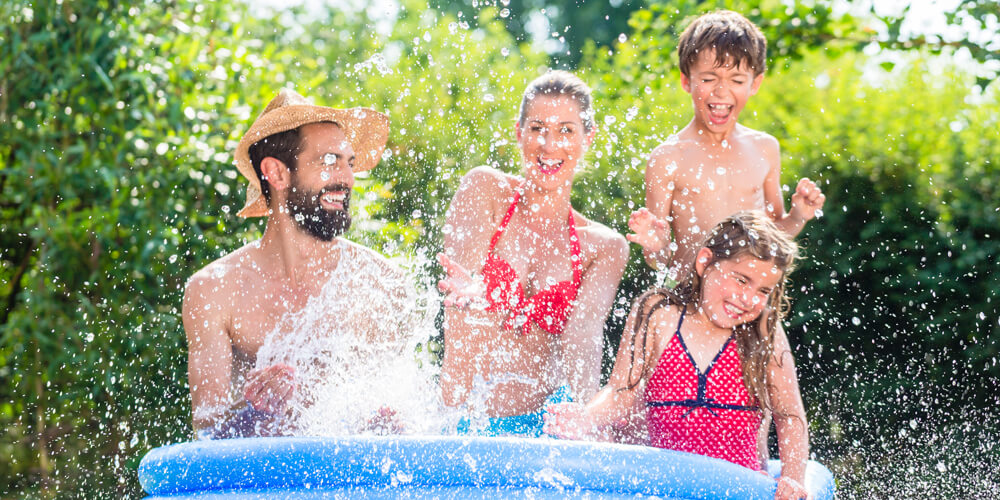
Keeping the Swimming Pool Clean
A big part of having a nice pool is cleaning it. There are lots of products that can help you keep your pool looking fresh and clean. Dirty pools are not only unsightly, but they are also unhealthy. Here are the basics for pool cleaning.
-
Skimming – Skimming involves using a skimmer to sift out debris from the surface of the pool daily. Leaves, grass, bugs and other items should be skimmed out each day.
-
Brushing – The sides of the pool should also be regularly cleaned. Scrub the pool's walls periodically with a tile cleaner to keep grime and dirt from getting into the water.
-
Vacuuming – The bottom of the pool must also be cleaned on a regular basis. With a vacuum, clean the bottom and remove dirt, leaves and debris on the base of the pool.
-
Spot Cleaning – Use pool cleaning products to remove algae, film on the water and other types of debris.
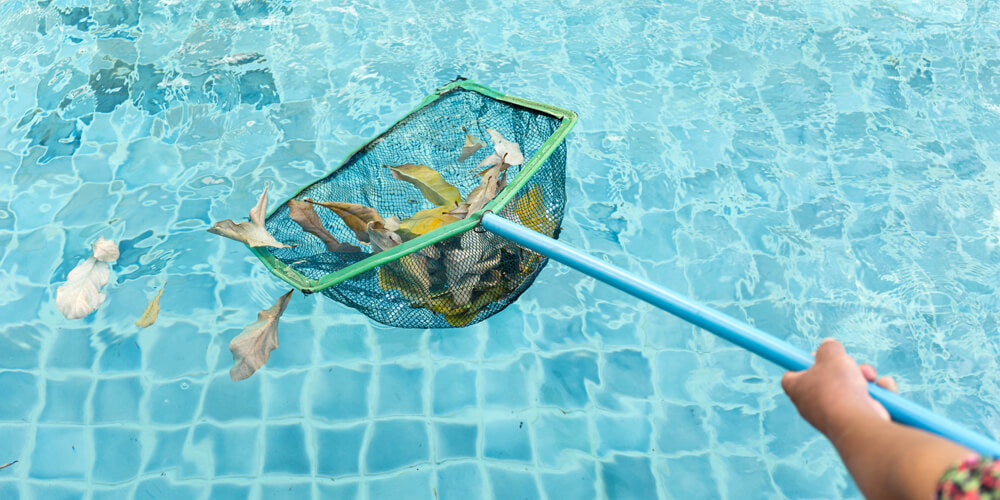
Circulating the Water
Pools must also have a system that circulates the water efficiently in order to stay clean and enjoyable. This also helps support keeping the pool clean. Here are some ways to get the best water circulation for your pool:
-
Ensure you have a pump that is equipped to handle the circulation demands for the pool.
-
The pump should be installed to circulate the water through the filtration system.
-
Run the pool pump for at least eight hours each day to get the maximum amount of circulation.
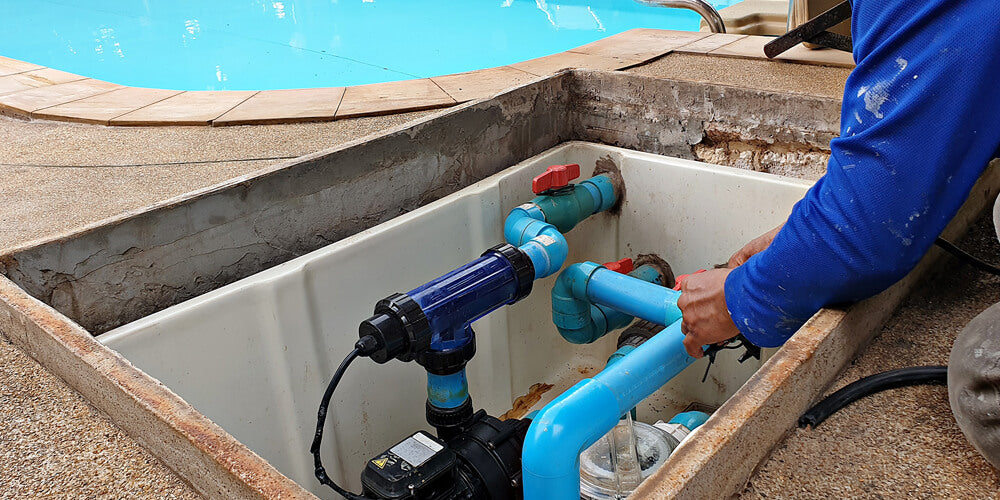
Swimming Pool Maintenance Tips Using a Proper Filtration System
Pool water should also run through a filtration system to make sure it remains pristine. There are different types of filtration systems that can be effective for most pools, including Intex and other popular brands. Here are some options for filtration for your pool.
-
Sand Filters – Sand filters are affordable and popular for many pool setups. They work by pushing the water through a system that is loaded with pool sand as a filter medium. Once the water flows through the sand, debris and dirt are taken out and it comes out clear. Replacement sand must be added every five to eight years so the filter operates effectively.
-
Cartridge Filters – Cartridge filters may be a little more expensive than sand models, but they also offer more energy efficiency and power. The pool water is pushed through a filter cartridge and captures dirt and particles. The cartridge should be cleaned out regularly and eventually replaced when it shows wear and tear.
-
DE Filters – The last filter option is a diatomaceous earth filter or DE filter. This type of filter uses a fine, powdery substance to remove particles effectively from the water. Filter aid products may also assist with a DE filter and make the system more efficient.
Treating Your Water
It's also smart to treat and test the water as part of the pool maintenance schedule. Water treatment should aim to maintain a balance in the pool. Outdoor elements, such as rain, wind, debris and other factors, may impact the water quality and enjoyment of the pool. Water treatment and testing products can be used to minimize the impact of weather.
-
Get into a routine to test the water for things like pH, alkalinity, hardness, chlorine and stabilizer.
-
Use a new set of test strips each season to get the most accurate results.
-
Add chlorine to the pool to keep it sanitized and free of harmful bacteria. Testing can help determine if you have the right amount of chlorine for your pool and the weather.
-
If you add too much chlorine, it can be irritating to swimmers and emit a strong smell. You may have to counteract the chlorine by shocking the pool and getting it back into balance.
-
Some pool owners may need to use an algaecide to fight algae growth in the pool. Temperature and sunlight are factors in whether or not your pool has algae growth.
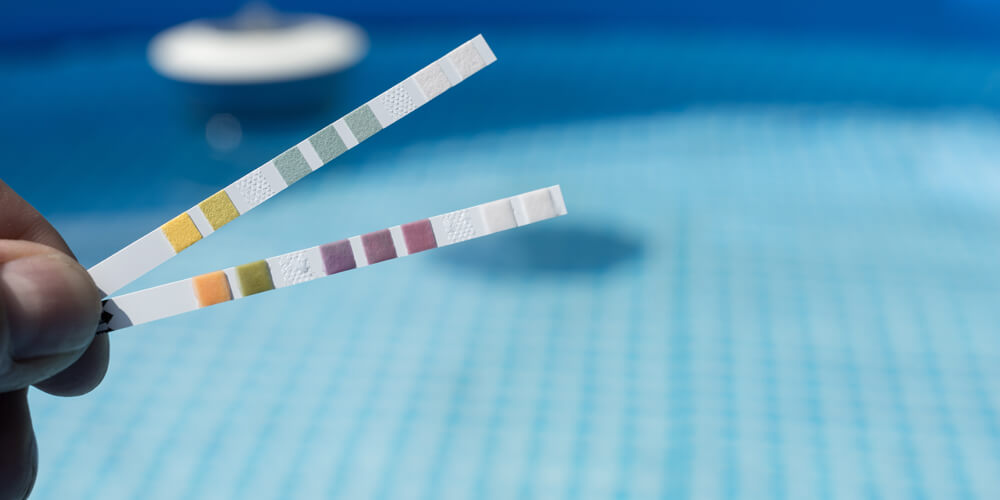
Opting for Saltwater
Some pool owners use a saltwater system instead of the typical freshwater pool. Saltwater pools require different chemicals and unique processes to keep them sanitized, but they may be easier in the long run than a freshwater pool.
Instead of the traditional chlorine tablet, a saltwater pool uses an electrolytic chlorine generator to maintain salinity and cleanliness. This type of system automatically maintains the pool's water balance and keeps it beautiful. Saltwater pools also may need a phosphate remover to keep equipment from becoming damaged.
Equipping Your Pool
Besides cleanliness, your pool setup should also emphasize safety. Lighting should be installed around the pool to keep it illuminated for safety at night. Additionally, some areas require fencing to be installed around a pool. A solar cover is a good option to keep the pool protected when it is not in use.
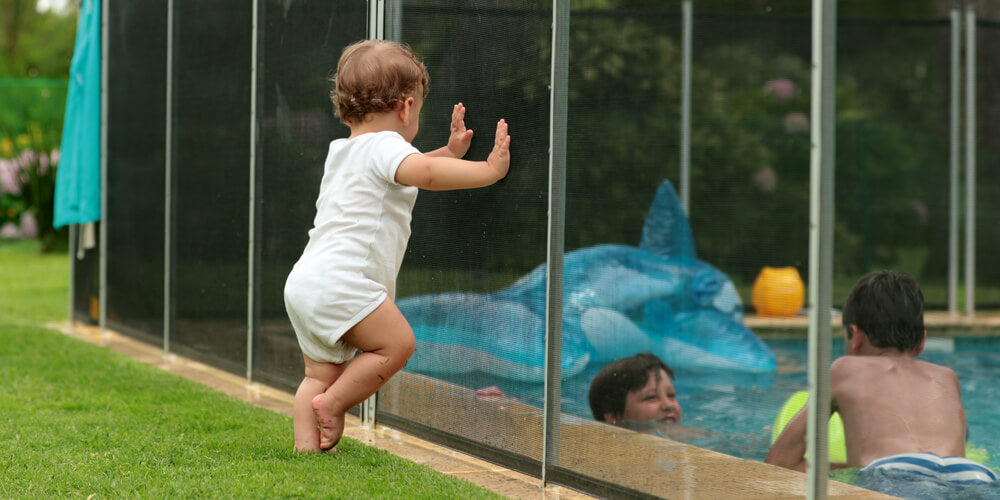
Pool owners also should stock up on supplies like floats, balls, noodles, sports equipment for the water, goggles and swimming games. Educate everyone in the household about pool safety and invest in swimming lessons for children to keep them safe. Never leave children unattended near a pool.
You can create the perfect tropical oasis by keeping up with the maintenance requirements for your swimming pool. Max Warehouse is here to assist you with setting the stage in your backyard for fun. Check out these home and garden products to make your outdoor area amazing.
Shop our Pool Maintenance Collection.
